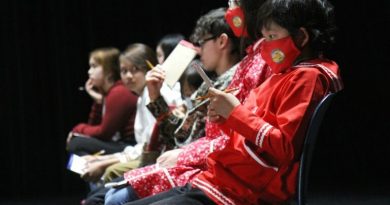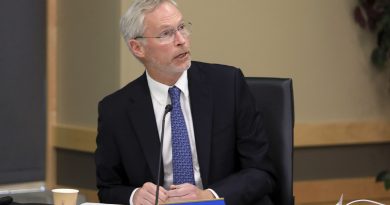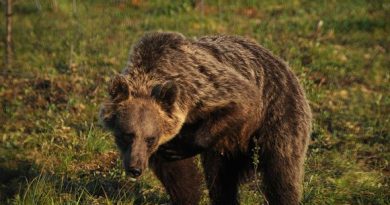Modernizing Arctic aviation infrastructure among recommendations at Russian meeting
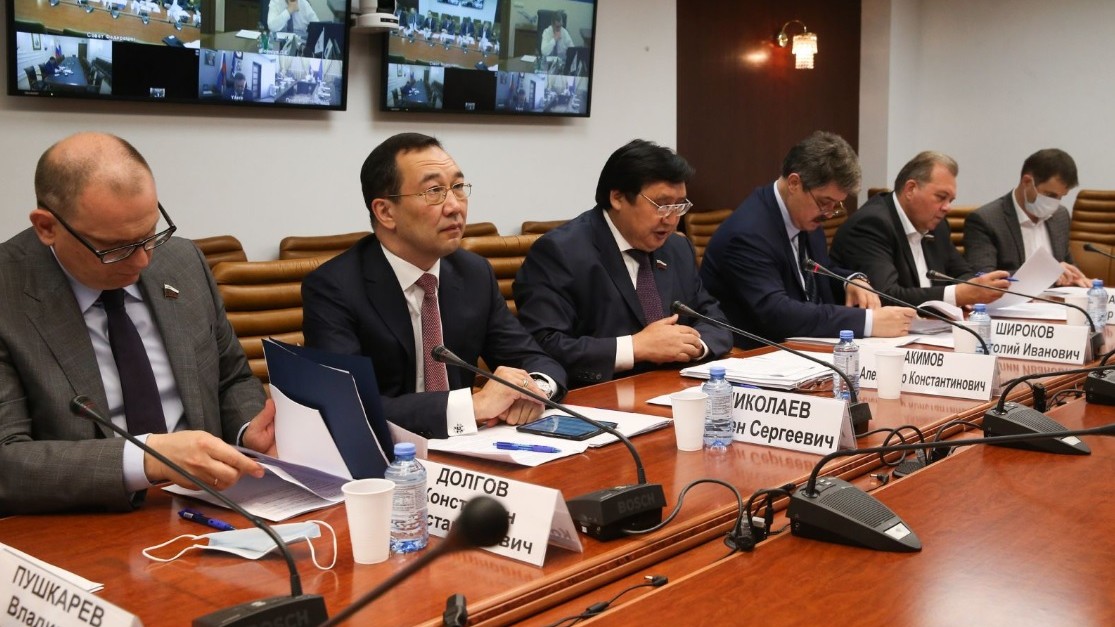
Better aviation infrastructure and improvement of the airfield network in Russia’s Arctic and Far East were among the recommendations discussed at Russia’s Council for the Arctic and Antarctic meeting last week.
Representatives from all of Russia’s Arctic regions participated along with representatives of Russia’s Federal Air Transport Agency, the Ministry of Industry and Trade, the Ministry for the Development of the Far East and the Arctic and the Ministry of Transport of the Russian Federation.
Improved transport networks will be key to developing the North, with representatives saying the lack of infrastructure, as well as qualified aviation professionals in the region, continued to impede economic development.
Subsidies needed for domestic transportation
A number of recommendations were put forward at the meeting said a news release posted on the website of the Republic of Sakha (Yakutia), a region in northwestern Russia, on July 17.
“The development of transportation is one of the basic conditions for the development of the Arctic zone,” the news release said.
- subsidy program for domestic regional transportation
- timetable for the renewal of aircraft fleets in the Arctic
- creation of aviation training centers in the North and Far East to keep trained aviation professionals in the region
- develop airfield network and modernization of aviation infrastructure in the Arctic
The meeting also called for more investment in development in the small air craft network that increasingly services the remote regions of the Russia’s Arctic and Far East.
“The inadequacy of the ground transport infrastructure system in the Arctic territories can be effectively compensated by the development of small aircraft, whose share is 80% of traffic within the Arctic regions,” the news release said.
“However, the development of air communication in the Arctic regions requires an interdepartmental approach to the situation and significant funding. There are acute problems of modernization and construction of new ground infrastructure, the need to increase subsidies for local air transportation, and the lack of qualified personnel.”
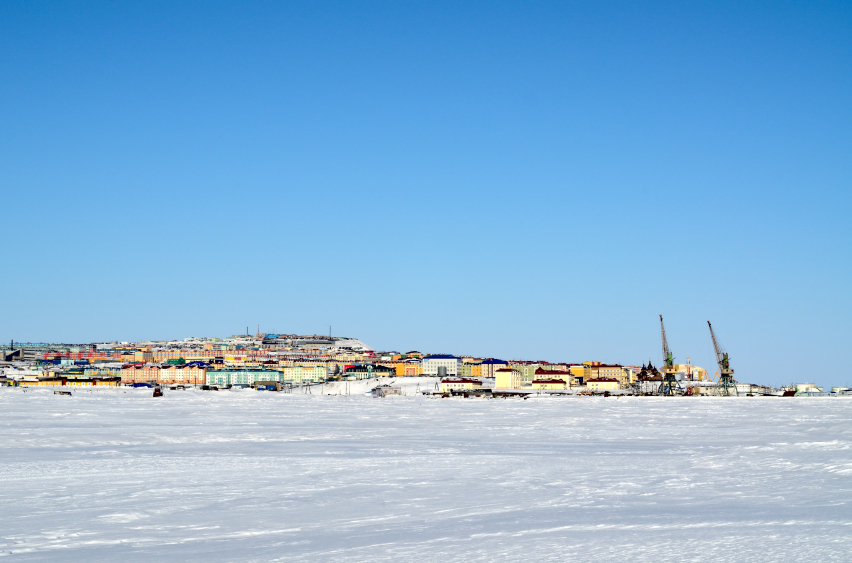
Recommendations off to Russian Federation for consideration
Aisen Nikolaev, Yakutia’s governor, said building the domestic regional transportation network should be done with domestically made Russian aircraft, instead of foreign-made planes, in order to keep money in the region.
“We must support our industry and domestic aviation,” Nikolaev said. “I’m convinced that the Arctic, the North and the Far East should be serviced by our Russian aircraft.”
The recommendations from the meeting have now been sent to the Russian Federation for consideration.
Write to Eilís Quinn at eilis.quinn(at)cbc.ca.
Related stories from around the North:
Canada: Air links between Canada, Alaska, Greenland & Siberia could be building blocks for economic development says Quebec Inuit leader, Eye on the Arctic
Finland: EU Boeing aircraft ban affects Norwegian Airlines flights in Helsinki, Yle News
Iceland: Canadian couple among stranded passengers after Icelandic budget airline WOW Air folds, CBC News
Norway: Longer runway for bigger planes in Kirkenes, northern Norway, The Independent Barents Observer
Russia: No more direct flights between northwest Russia’s two largest cities, The Independent Barents Observer
Sweden: Scandinavian Airlines and pilots union reach agreement to end strike, Radio Sweden
United States: Alaska Airlines adds restrictions on emotional support animals, Alaska Public Media

